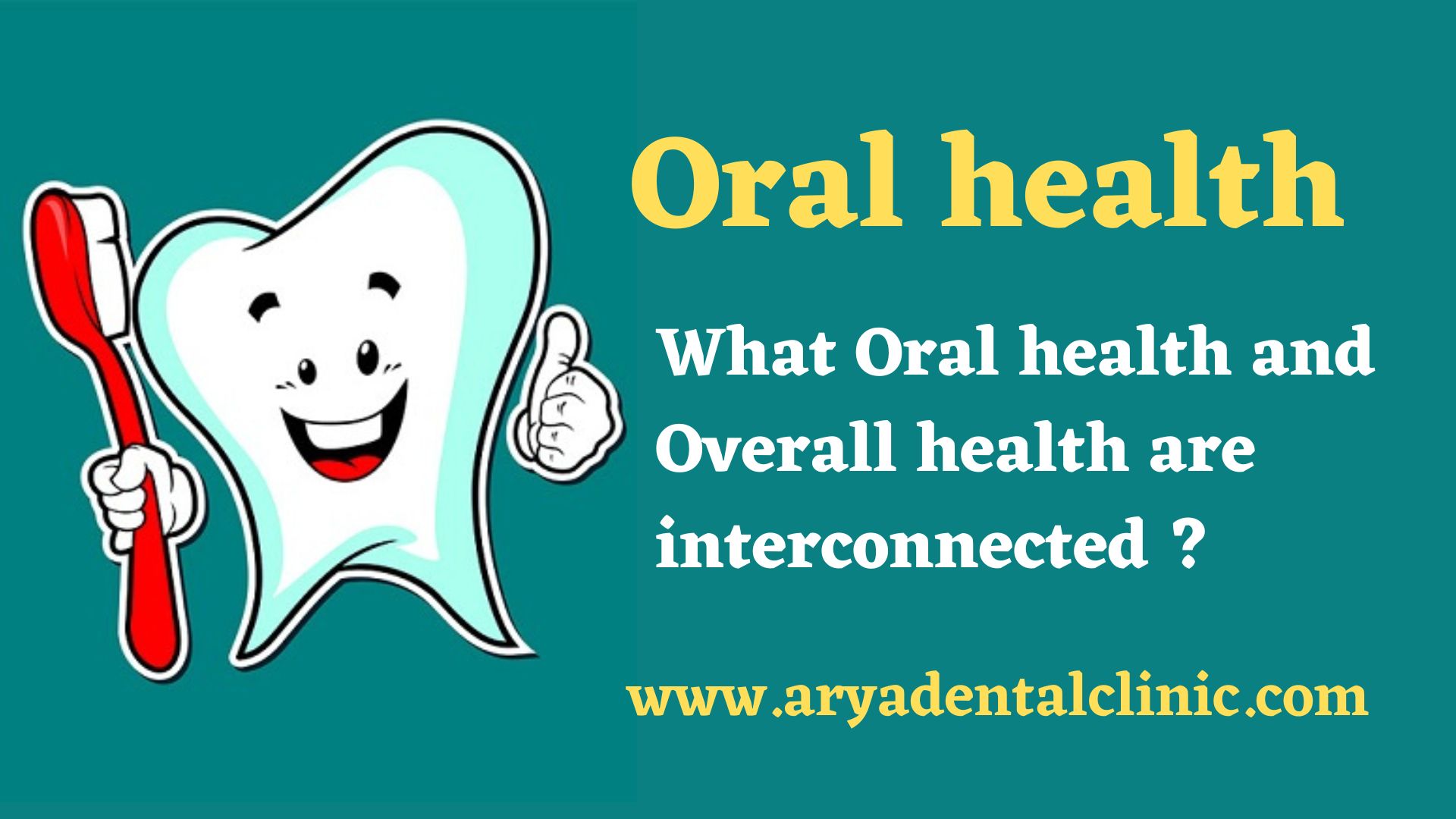Oral health and overall health are interconnected. The state of your oral health can have an impact on your overall health, and vice versa. In this blog post, we will explore the connection between oral health and overall health.
Oral Health and Heart Disease
Research has shown that there is a link between oral health and heart disease. Poor oral health can lead to gum disease, which can cause inflammation in the body. This inflammation can then lead to the buildup of plaque in the arteries, increasing the risk of heart disease. Additionally, bacteria from the mouth can enter the bloodstream and affect the heart’s valves, leading to infection and damage.
Oral Health and Diabetes
People with diabetes are at a higher risk of developing gum disease. High blood sugar levels can weaken the immune system, making it harder for the body to fight off infections, including gum disease. Conversely, gum disease can make it harder for people with diabetes to control their blood sugar levels. It is important for people with diabetes to maintain good oral health to prevent complications.
Oral Health and Respiratory Health
Poor oral health can also affect respiratory health. Bacteria from the mouth can be inhaled into the lungs, causing infections and inflammation. This can lead to conditions such as pneumonia and chronic obstructive pulmonary disease (COPD). Good oral hygiene practices, such as brushing and flossing, can help prevent these infections and improve respiratory health.
Oral Health and Pregnancy
Pregnancy can affect a woman’s oral health, and poor oral health can affect pregnancy outcomes. Hormonal changes during pregnancy can increase the risk of gum disease and other dental problems. Additionally, gum disease has been linked to premature birth and low birth weight. Pregnant women should maintain good oral hygiene practices and visit their dentist regularly to prevent complications.
Oral Health and Mental Health
There is also a connection between oral health and mental health. Poor oral health can lead to embarrassment and low self-esteem, which can affect mental health. Additionally, some mental health conditions, such as depression and anxiety, can make it harder for people to practice good oral hygiene habits.
To sum It Up , oral health and overall health are interconnected. Maintaining good oral hygiene practices, such as brushing and flossing, and visiting your dentist regularly can help prevent dental problems and improve overall health. Additionally, it is important to address any underlying health conditions that may be affecting oral health. By taking care of your oral health, you can improve your overall health and wellbeing.



